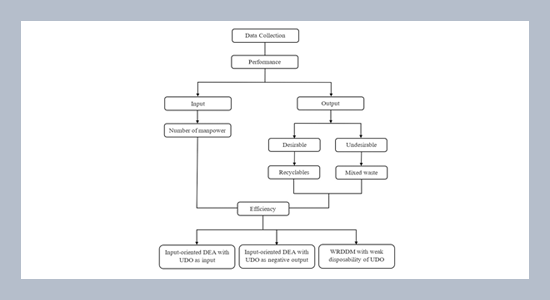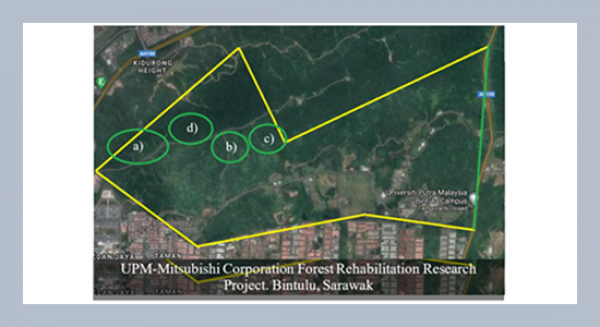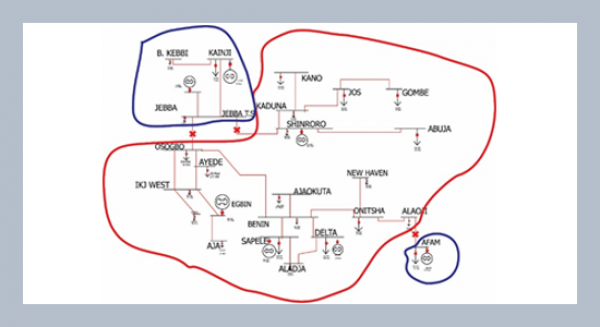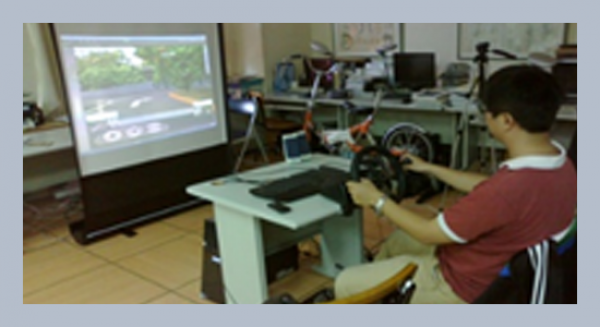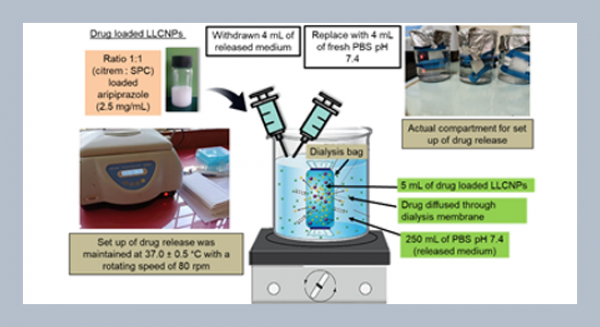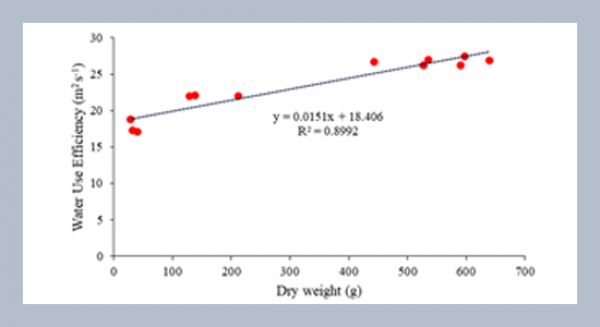Hung-Yueh Lin 1, Sandhya Rijal 1, 2 * 1 Department of Environmental Engineering and Management, Chaoyang University of Technology, Taichung 413310, Taiwan 2 Department of Applied Chemistry, Chaoyang University of Technology, Taichung 413310, Taiwan
Download Citation:
|
Download PDF
In recent decades, eco-efficient waste management practices that incorporate economic and ecological considerations have been increasingly preferred by numerous municipal solid waste (MSW) authorities. Several approaches for evaluating the eco-efficiency of decision-making units (DMUs), i.e., MSW authorities, were previously reported. However, the typical one is often difficult to comprehend as pertinent. Hence, it might be imperative to compare efficiency results from different methods to generalize the decent eco-performance status of DMUs. This study thus used data envelopment analysis (DEA) and the Weighted Russell Directional Distance Model (WRDDM) to analyze the eco-efficiency level of MSW authorities. The relevant performance factors, including an undesirable output (UDO), as eco-indicators, are screened and selected. Three different DEA methods, considering UDO respectively as an input (for input-oriented DEA), a negative output (for input-oriented DEA), and a direction vector-dependent UDO (for WRDDM), have been applied for efficiency assessment. Furthermore, eco-efficiency analyses are followed by corresponding DMUs’ rankings based on their respective efficiency scores by each method. A case study of 38 MSW authorities in Kaohsiung, Taiwan, demonstrates the distinct eco-efficiency outcomes from different DEA approaches. Applied methods revealed consistent findings for determining efficient and inefficient DMUs, but distinct efficiency scores for inefficient DMUs by varying methods influenced DMUs’ rankings. The comparative analysis of ranking variation for inefficient DMUs across those methods suggested the WRDDM method with the least variation as the robust method for assessing eco-efficiency. Further exploration of an integrated approach that incorporates undesirable factors appropriately would enhance the reliability of performance evaluation.ABSTRACT
Keywords:
Eco-efficiency, Municipal solid waste, Data envelopment analysis, Weighted Russell directional distance model.
Share this article with your colleagues
REFERENCES
ARTICLE INFORMATION
Received:
2022-12-16
Revised:
2023-06-28
Accepted:
2023-10-07
Available Online:
2024-01-09
Lin, H.-Y., Rijal, S. 2024. Comparative study of eco-performance evaluation for municipal solid waste management practices. International Journal of Applied Science and Engineering, 21, 2022363. https://doi.org/10.6703/IJASE.202403_21(1).008
Cite this article:
Copyright The Author(s). This is an open access article distributed under the terms of the Creative Commons Attribution License (CC BY 4.0), which permits unrestricted use, distribution, and reproduction in any medium, provided the original author and source are cited.
